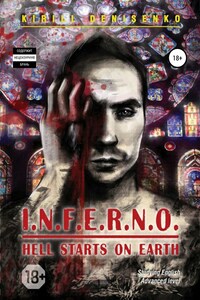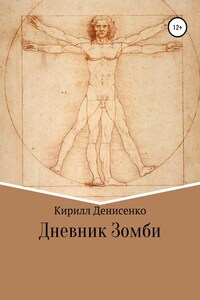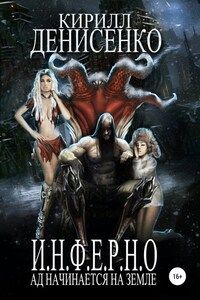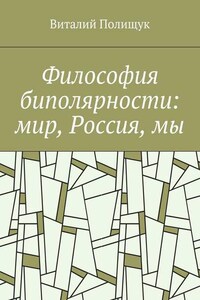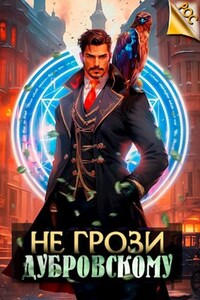IntroduCtIon
Everything written in my first book is a dream. It’s a book-parable. It’s silent, provoking, and unreal. Its main events are represented as seen by its characters. Contained in their minds, it is reflecting their fears, sufferings, life mess. At times we don’t see; don’t hear all that distinct horror that surrounds us. The horror yells. It yells so loudly it’s impossible not to hear. It strikes so much it’s impossible not to see. But in all the noise and brightness of our life we don’t see and don’t hear. The horror of human suffering and devastation has achieved the highest, inconceivable note. But we don’t hear it. I depend on silent lines which are strict, deprived of colours of real life and because of that – powerful. As I believe, there is nothing louder than silence. No sound – no matter how intense it is – can overcome the silence. Silence wins. Where there is silence, there is a centre of every thought. Where there is a thought, there is clarity. It is in this blessed abode the mind is awakening. And when it has awoken the actions start.
As it’s said by the Apostle, the hell starts here. We generate our horror. We let it into our lives, our souls. We suffer only from ourselves. It’s we who create most of the problems that surround us. Nobody and nothing else. It is our belief in the power of evil. The original error is that people believe in bad, in omens. We believe. Believe that something bad is going to happen either with us, or with our loved ones. Evil exists. Believing and knowing are different things. Ignorance is no excuse. I know what evil is. I know that there are demons. I know, but I do not allow my faith to increase their power. I don’t believe in good, I believe in God.
Initially, religious themes, interspersed throughout all the chapters in the narrative, may seem (and probably will seem) to people with the established stereotype of religious imperception, hostile to individual worldview. And, therefore, rejected. This is a problem for the vast majority of readers, a barrier that not every atheist will be able to overcome. So I worry that religious themes greatly narrow the range of readers. There's
a problem – the book is not perceived by Christians, for example, as it was written for everyone. And not appreciated by everyone, because it was written for Christians. I noticed this problem only while rereading the book and creating «conditional» ending of the story. Conditional, because not everything, that was planned initially, is written. And there is no ending per se. It’s an indivisial dream, a puzzle, a maze of the mind of the protagonist.
